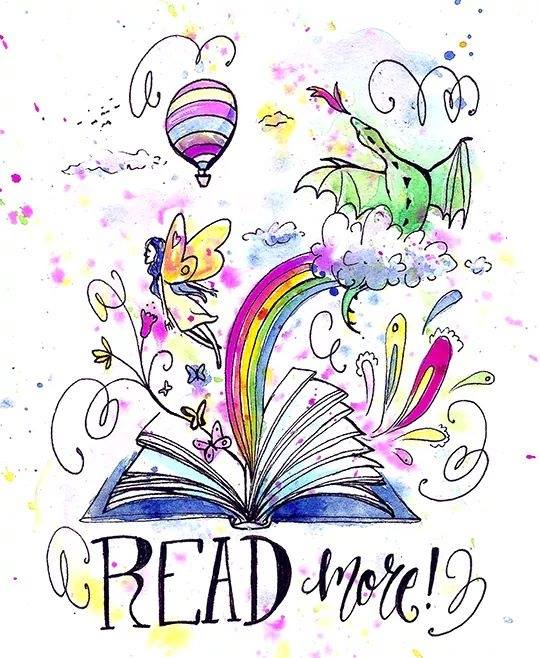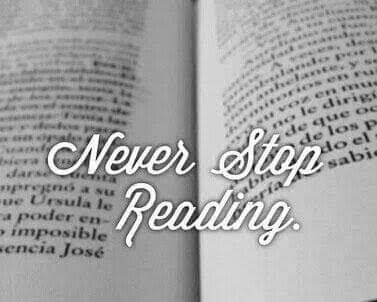For the modern person, the concept of reading a 600-page novel, knowing a 30-line poem well-enough to recite it from scratch, or reading a short text without skim-reading, seems rather foreign. In the age of instant-access technology, podcasts and blogs, why bother?
Well, it’s a valid question, but one that’s rather easy to answer. While the regular act of reading can be a tough habit to implement at first, the benefits are infinite…
Source – Goodwill Librarian Facebook page
- Developing the basics – Particularly relevant for younger children (and to the parents upon whom the child’s development depends), reading is key in the unconscious acquisition of spelling, grammar and vocabulary. Developing an intuition for the written (and therefore spoken) word is essential for taking your place within society. In fact, some studies show that an adult’s language competency is directly built upon literacy development between ages 1-3, and that failure to develop sufficient linguistic skill within this formative period prevents an easy solution to verbal inadequacies during adult life. So, it’s best to start reading now, and certainly while you’re young.
- Imagination – As humans, we are uniquely and rather strangely connected to fictional characters and worlds. This link proves it, so does this, and so does this. But this is, after all, because we are creatures embedded in societies built upon narratives. Every culture is built upon a philosophy or religion that only survived through the act of oral story-telling and written narrative, and it is through the act of reading that we maintain contact with our essential human desire for the narrative world.
- The truth within fiction – We all see a reflection of ourselves within the characters and worlds we enter when we read. Take Lord of the Rings; a fantastical epic exploring supernatural evil, flying eagles and all-powerful jewellery. Yet, it is not one of the greatest literary works because it is foreign to us. No! Aragon is the stoic part of our identity, whilst Gimli is a humorous portrayal of our more gluttonous side. In Frodo, we recognise the loss of innocence we all experience when we leave the comfortable confines of our home, whilst Gandalf is a perfect archetypal representation of the good and heroic for which we all strive. The fiction we read is only fiction in the literary sense; it is actually more real than we care to admit.
- What about non-fiction – After all, not all novels are so fantastical. Sometimes, the auto-biographical, the historical, the philosophical, or the psychological are our choice of reading material. Yet, for these, a different skill is acquired. The ability to select useful material, discriminate between their truths and fallacies, and ultimately judge their utility, is as practical a skill as one can acquire from the act of reading.
- And, finally, maybe a bit of fun? – Reading shouldn’t be a chore. Read what you like. Read what intrigues you and invites you to turn that page and finish that chapter. In the end, time will escape you, and you’ll be lost between the pages.
Source – Goodwill Librarian Facebook page



